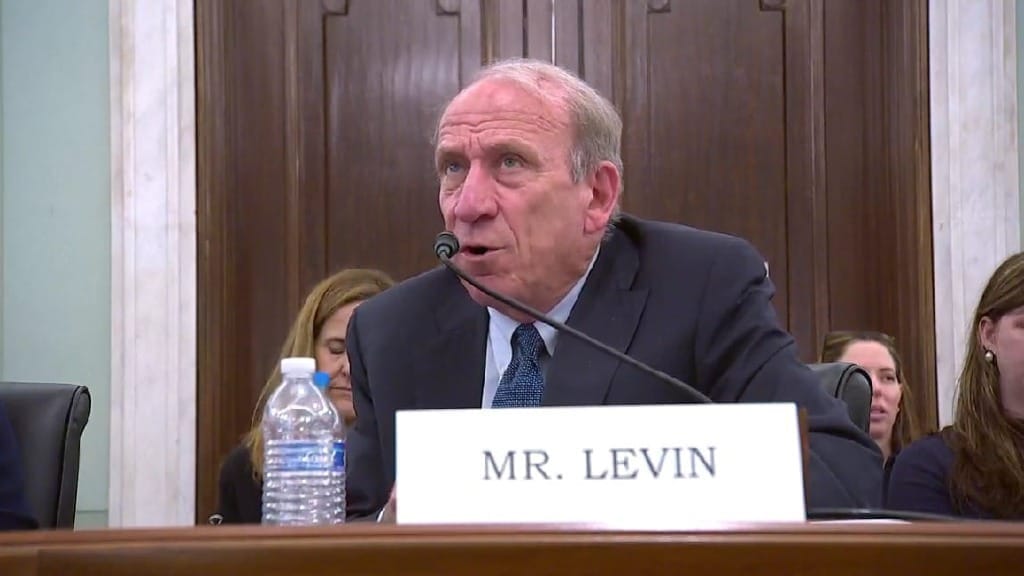Levin: Broadband Affordability Should Be Republican Priority
Analyst likened the ACP to other essential government programs like SNAP and Medicaid.
Jericho Casper

WASHINGTON, Dec. 11, 2024 – Efforts to make broadband affordable are losing steam as funding for key programs runs dry and political support wanes, according to Blair Levin, a policy analyst from New Street Research.
“You have an administration coming in that, at least as far as Trump is concerned, has never articulated a need to connect low-income people,” said Levin, former chief of staff to FCC Chairman Reed Hundt and executive director for the United States National Broadband Plan, during a conversation Wednesday hosted by Fiber Broadband Association.
Still, Levin emphasized the importance of government intervention in bridging the digital divide, particularly through programs like the Affordable Connectivity Program, which helped 23 million American households cover the cost of a monthly Internet subscription before its expiration on May 31, 2024.
“The government should continue its commitment to making sure low-income people can afford broadband,” Levin said. “Having said that, I don't think there's a lot of political pressure to bring back that program.”
A recent analysis authored by Levin himself revealed that more than 13 million ACP participants subscribed to wireless broadband have discontinued their service plans since the program’s expiration.
While retention was stronger among wireline providers, like cable and fiber, Levin said that 93% of participants receiving service over wireline were now on a low-income program being voluntarily offered by cable or telco providers.
“That takes a lot of the pressure off Congress to fund the program,” Levin said, although he maintained that reinstating an ACP-like monthly Internet subsidy should appeal to a lot of Republicans.
“We want everybody on the Internet because that is the way to participate in the economy, in their community, with their churches, with their PTAs,” he said. “We don't want short-term economics to be a barrier to that.”
Levin drew comparisons between ACP and essential government programs like the Supplemental Nutrition Assistance Program, Medicaid, and housing subsidies, emphasizing the necessity of broadband for modern life.
“Many government services, particularly health care, education, job training and job placement, are going to in the future, even more than now, depend on connectivity,” Levin said.
While not on the top of most Republican agendas, Vice President-elect J.D. Vance, who is a Republican Senator from Ohio, has been the leading Republican senator advocating for an extension of ACP.
Levin recalled Vance’s testimony before the Senate Commerce Committee in May, during a hearing entitled The Future of Broadband Affordability.
“I thought it was very useful and productive, his questions were excellent. In any event, if he becomes a big advocate, maybe that will help move the administration.”
Despite the program’s former success, Levin warned that ACP’s future is far from secure. Political support for continued funding is uncertain, particularly with shifts in leadership.









Member discussion